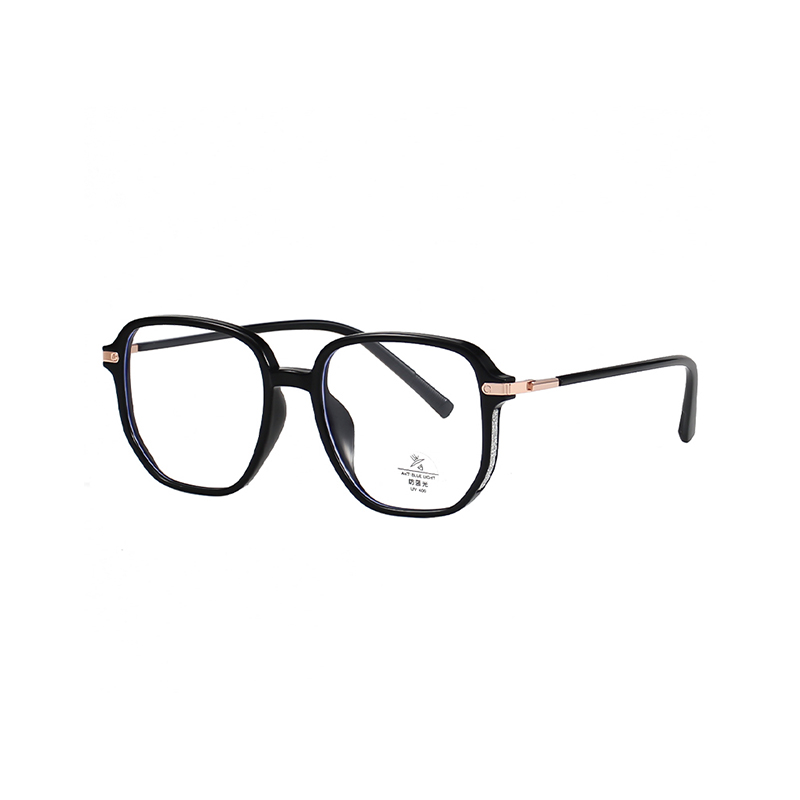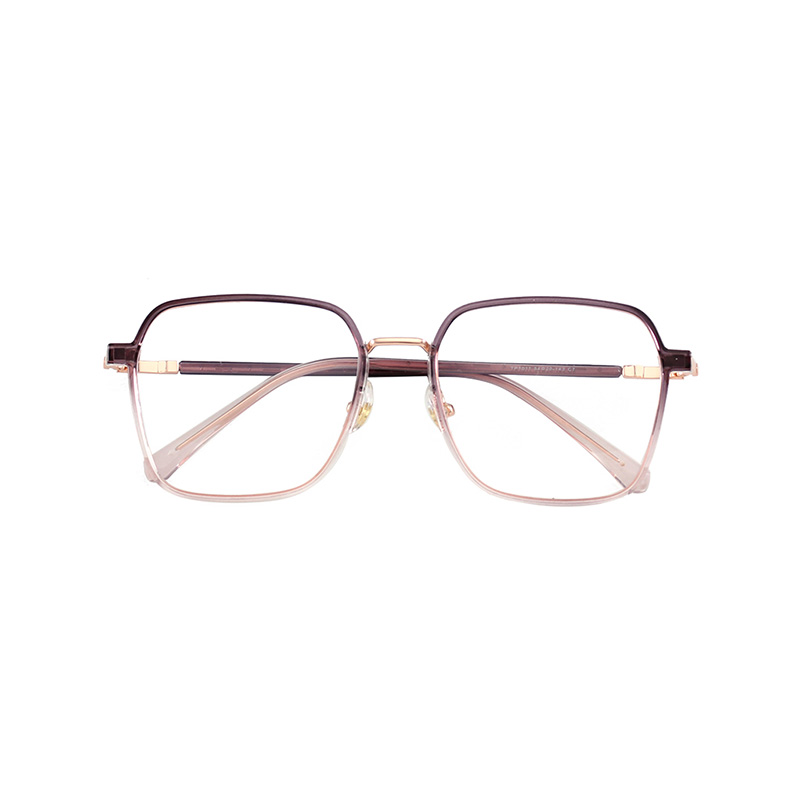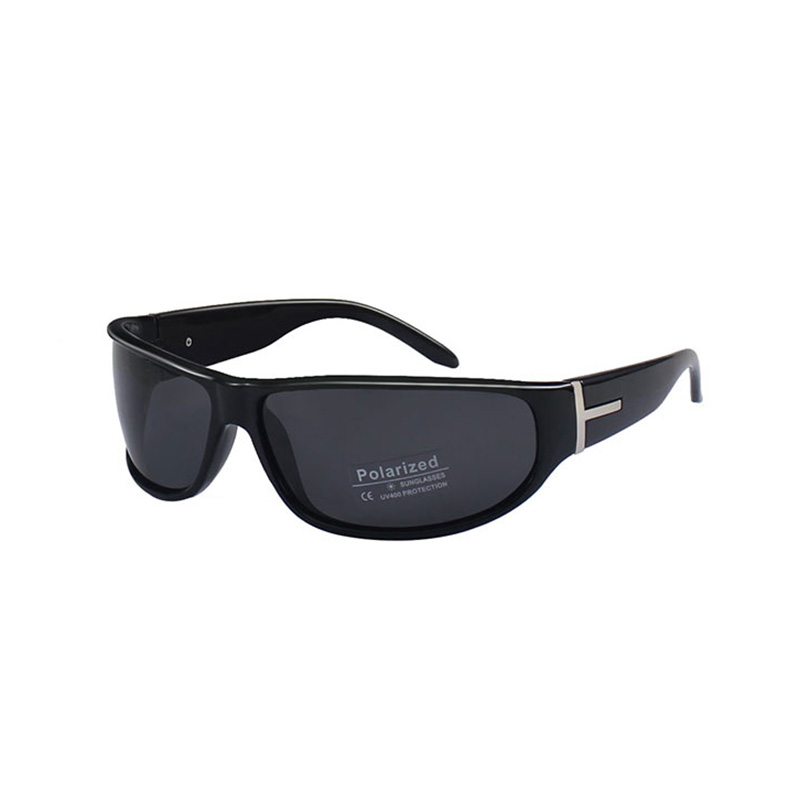What Kind of Sunglasses Material is Good For Your Eyes?
May 14,2024
Selecting the right sunglasses goes beyond style; it involves prioritizing eye protection and comfort. Various materials offer different benefits, ensuring your eyes are shielded from harmful UV rays while enhancing visual clarity.
1. Polarizer:
Polarized sunglasses are renowned for their ability to reduce glare, particularly from surfaces like water or roads. The polarization technology allows only vertically oriented light to pass through, effectively filtering out horizontally oriented glare. This feature enhances visual comfort and clarity, making polarized sunglasses ideal for driving, outdoor activities, and everyday wear.
2. Polycarbonate Lenses:
Polycarbonate lenses are highly recommended for their durability and impact resistance. Originally developed for aerospace applications, these lenses are lightweight yet incredibly strong, making them less likely to shatter upon impact compared to glass or plastic lenses. Polycarbonate lenses also provide outstanding UV protection, shielding the eyes from both UVA and UVB rays, which are known to contribute to cataracts and other eye conditions.
3. Nylon Lenses:
Nylon lenses are favored in sports and protective eyewear due to their exceptional durability and flexibility. These lenses can withstand impact and are less likely to break, making them suitable for rugged outdoor activities. Nylon lenses also offer distortion-free vision and can be coated for additional UV protection, ensuring reliable eye safety in challenging environments.
Photochromic lenses, also known as transition lenses, are designed to adapt to changing light conditions. They darken in response to UV light exposure, providing automatic adjustment from clear indoors to tinted outdoors. This versatility makes photochromic lenses convenient for individuals who frequently move between indoor and outdoor settings, eliminating the need to switch between regular glasses and sunglasses.
5. Resin Lenses:
Resin lenses, typically made from lightweight plastic materials, offer outstanding optical clarity and impact resistance. These lenses are known for their ability to be crafted into various shapes and styles while maintaining a high level of UV protection. Resin lenses are also more comfortable to wear for extended periods due to their lighter weight compared to traditional glass lenses.
In addition to these advanced materials, other options like acrylic lenses and glass lenses also provide effective UV protection and visual acuity. Acrylic lenses are lightweight and scratch-resistant, making them a practical choice for everyday use. Glass lenses, while heavier, are exceptionally clear and scratch-resistant, offering outstanding optical quality for those who prioritize clarity above all else.
When choosing sunglasses, it's crucial to consider not only the aesthetic appeal but also the functional aspects that contribute to eye health. Consulting with an optometrist can help determine the lens material based on your prescription, lifestyle, and specific eye care needs. Whether you opt for polycarbonate lenses for their impact resistance, photochromic lenses for their adaptive features, or nylon lenses for their durability, prioritizing eye protection ensures your sunglasses are not just a fashion accessory but a vital tool for maintaining good vision and eye health.
For eye protection, it's essential to choose sunglasses made from high-quality materials. Look for lenses with UV400 protection, which block all of UV rays. Polarized lenses can reduce glare and improve visual clarity, while glass lenses offer outstanding optical quality and scratch resistance. Additionally, select sunglasses from reputable brands that meet international standards to ensure reliable protection.
 PREV:
PREV:Discover the Versatility of Women's Polycarbonate Sunglasses for Every OccasionNEXT:
What Are the Benefits of Anti-Blue Light Lenses for Your Eyes?

Your email address will not be published. Required fields are marked *
You can contact us at any time, and we will reply to you within 24 hours.



 English
English русский
русский Français
Français Español
Español عربى
عربى





